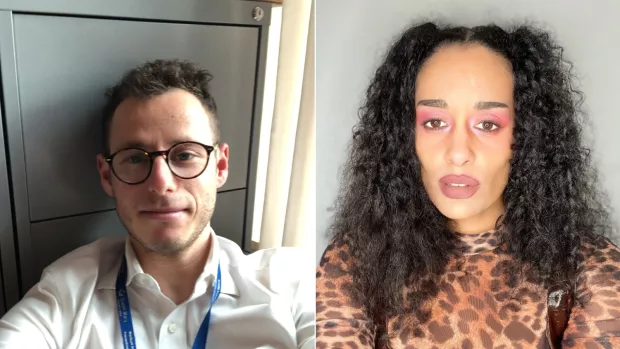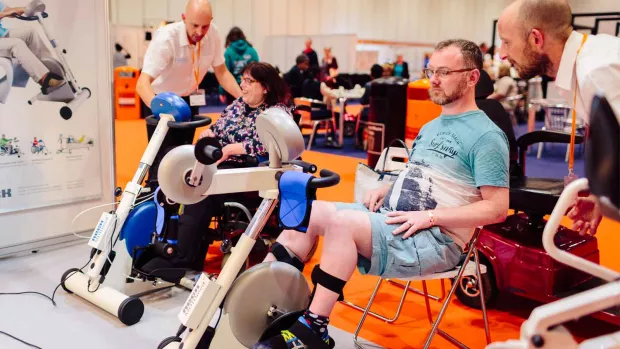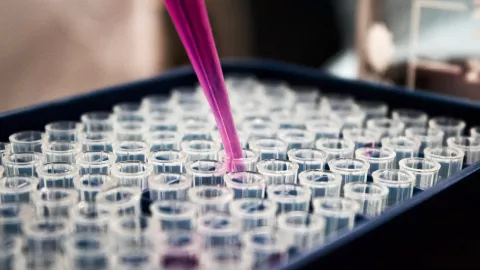
“Spit in a cup and potentially become part of history in the making!”
The ADAMS study is investigating how genes affect the risk of getting MS in people from different ethnic backgrounds. One of the co-lead researchers, Dr Ben Jacobs, and two members of the steering group told us why the study is so important.
Dr Ben Jacobs, neurologist and researcher
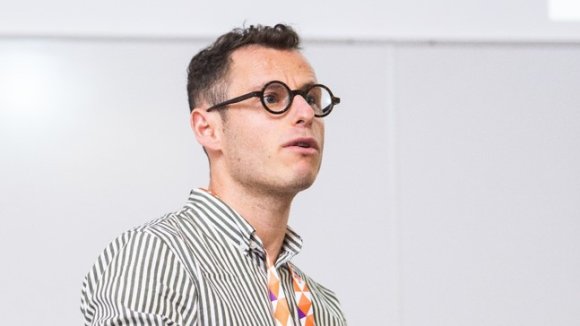
I hope this study will lead to real benefit for everyone with MS in the future.
“Genetic studies have led to huge advances in our understanding of MS over the past 20 years. I’m so excited by what this type of research has to offer - I think it’s going to unlock much better treatments in the future.
But MS genetics has a diversity problem. We see people in clinic from all ethnic backgrounds, yet big international studies have focussed on people from White ethnic backgrounds. So we don’t know for certain that known MS genes will have the same effect on someone of South Asian, African, Ashkenazi Jewish, or another ancestral background.
I hope this study leads to real benefit for everyone with MS in the future.”
Michelle, study participant
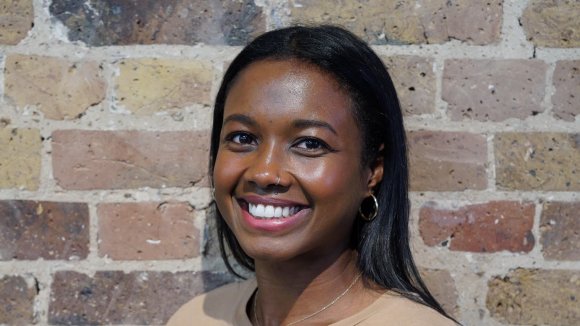
Being a Black woman, and being a researcher myself, I know about the lack of diversity in healthcare studies.
“I was diagnosed with relapsing remitting MS in 2019 which was a huge shock to me. The only two symptoms I’d had were visual ones and they occurred five years apart. I’d always viewed myself as healthy and active. So I found it really difficult to connect how I felt physically with the MRI scan showing changes caused by MS.
I eventually came to terms with the idea that this was the card I’d been dealt and there was nothing I could really do about it. But as it turns out, there was. I received a call from Ben telling me about the ADAMS study and I didn’t even let him finish speaking before telling him that I was 100% in!
Being a Black woman, and being a researcher myself, I know about the lack of diversity in healthcare studies. So taking part in the ADAMS study was a no-brainer! Why? Because, at the moment, clinicians’ understanding about MS risk, its symptoms, and how well treatments work is largely based on White European populations. The ADAMS study could help correct this imbalance.
I’d urge anyone who has MS and identifies as coming from a non-white background to take part (which is super simple!) You’ll contribute to the treatment and management of MS for future generations.”
Sadid, study participant
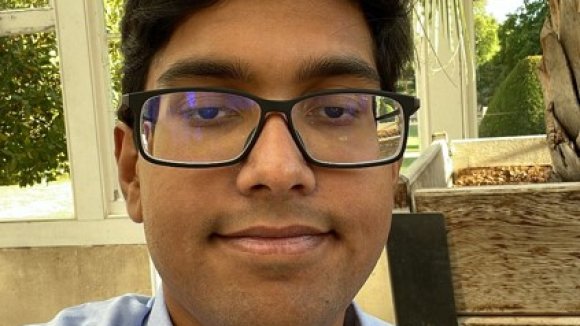
It could help lead to improvements in clinical decision making and management of MS in people from non-White backgrounds.
“I was diagnosed with relapsing remitting MS at 16, which was quite a shock. No one in my family had any autoimmune condition and I always thought myself to be quite healthy. It felt isolating enough to be a young person with MS. But also, as Asian, I didn’t see much representation. This made me very curious as to why I got this condition.
As a medical student, I’m keenly aware of the lack of diversity. It can damage not only the doctor-patient relationship. But it can also be dangerous as some conditions present slightly differently in different ethnicities and may require different approaches.
One thing that's been emphasised to me in medical school is genetics is the future of medicine. By understanding more about genes we may be able to figure out exactly what drug works for you.
So when I learned about the ADAMS study from a supervisor I was immediately interested! It could help lead to improvements in clinical decision making and management of MS in people from non-White backgrounds. I believe it’ll be extremely influential for future MS research. Spit in a cup and potentially become a part of history in the making!”

